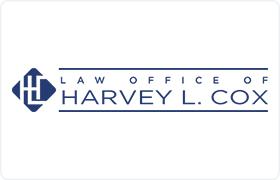Evant Trusts Lawyer, Texas, page 4
Sponsored Law Firm
-
 x
x

Click For More Info:
-
Law Office of Harvey L. Cox
1600 Lake Air Drive Suite 102 Waco, TX 76710» view mapEstate Law, Power of Attorney A New Perspective On Estate Planning
Our Family Estate & Business Planning focuses on protecting your assets from creditors, predators, lawsuits, judgments, liens, and greedy relatives.
800-795-7741
Not enough matches for Evant Trusts lawyer.
Below are all Evant Estate lawyers.
Michael R. Miller
Wills & Probate, Family Law, Corporate, Contract
Status: In Good Standing Licensed: 53 Years
Michael Ross Miller
Commercial Real Estate, Wills, Estate, Divorce & Family Law
Status: In Good Standing
Arthur Neale Potts
Banking & Finance, Commercial Real Estate, Legal Malpractice, Wills
Status: In Good Standing Licensed: 49 Years
John Michael Mischtian
Credit & Debt, Juvenile Law, Wills, Criminal
Status: In Good Standing Licensed: 31 Years
Joe David Stanford
Commercial Real Estate, Wills, Business & Trade, Business
Status: Deceased Licensed: 54 Years
 Harvey L. Cox Waco, TX
Harvey L. Cox Waco, TX Practice AreasExpertise
Practice AreasExpertise
